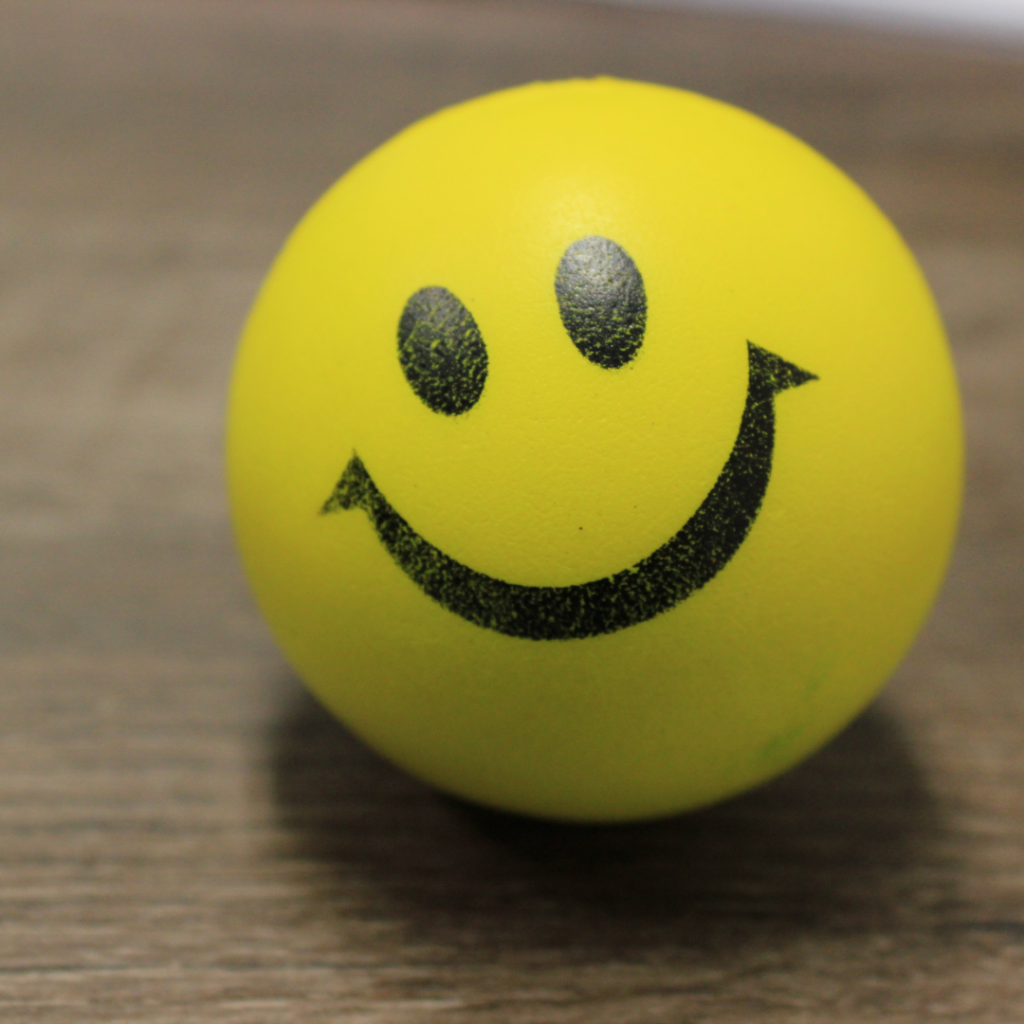I am currently reading the book “Beyond Order” by Jordan Peterson who is someone I dearly look up to (you can check his website here) and I’ve resonated with many of the ideas he shared in this book so I thought I’d talk about it in today’s blog post.
Dr. Peterson talks about the importance of accepting your position as a fool, temporarily, while you learn and get better at something.
What I understood from his writing was that looking like a fool is a necessary step in the spectrum of beginner to expert.
I have often struggled with looking like a fool in public, and maybe you can resonate with me on this, but I’d feel that I’d be judged if people thought I didn’t know what I was doing. Especially when in the presence/working with someone (a friend or a colleague) who knew what they were doing.
I’m sure you know how that feels like, a very good example is how we feel at oral presentations. None of us wants to make a mistake or stutter, why? I think in part because when we did so in school, the other kids would usually laugh or make jokes, and in the moment we see that as judgment, public humiliation even at times.
In my head, I felt like I was supposed to deliver a fine, smooth, speech, at the age of 14.
Now, I’m 23 years old and I realize that there are people in their 50s who still can’t speak in front of an audience, who still stutter, and are working to get better at that skill.
That definitely makes me feel more at peace.
Public speaking is no joke, it is a skill that, like all others, needs extensive amounts of training to be mastered.
There are courses that you can take to improve your public speaking skills. There’s a couple people I know of and follow their work, one of them is Dale Carnegie, and the other is Vinh Giang.They’ve done a lot of work in the public speaking space and I usually re-watch and take notes of their content when I need guidance in this area.
However, there’s something interesting about the people who take those courses, who read those books, and who put in the extra time to improve that skill. I’ve come to realize that they all have one thing (maybe more) in common – they voluntarily take the place of a beginner.
The way I see it is that you take public speaking classes if you think your public speaking could get better. So in order to take those classes, you need to have the humility and courage to admit your flaws and that you could be doing better.
Here is where it gets tricky, to actually become good at public speaking, we shouldn’t only be doing public speaking courses, it might be wise to actually engage in public speaking opportunities at the workplace, on a podcast, on social media, and any other vehicle that creates exposure.
That’s the scary part, I think. The scary part isn’t the preparation or the training because you know you are in the adequate place to make mistakes, joined by all the other imperfect students and teachers whose job is to spot your mistakes and help you correct them.
The scary part is when you expose your work to the public in general. For some reason, we don’t want to make mistakes then. This fear stops us from showing our work to the world and also robs the world/audience of our skill, our passion, and the work we’ve been so resiliently putting in.
Here’s a quote from the Beyond Order book:
“The beginner, the fool, is continually required to be patient and tolerant – with himself and, equally, with others. His displays of ignorance, inexperience, and lack of skill may still sometimes be rightly attributed to irresponsibility and condemned, justly, but others. But the insufficiency of the fool is often better regarded as an inevitable consequence of each individual’s essential vulnerability, rather than a true moral failing. Much that is great starts small, ignorant and useless.”
Another one is:
“Today’s beginner is tomorrow’s master.”
We have to be willing to be vulnerable. And that means putting ourselves out there, where others can see us and judge us. One of the reasons I am starting a podcast (you can check it out here), is because I want to improve my public speaking and communication skills.
One of my best buddies (who has a fitness page and is an absolute legend of a person, you can check out his IG here.) told me this the other day:
“Let’s say I had a YouTube channel of 100 videos, and all of them were perfect and to my high standard, by the 100th video, if I look back on my 1st I’d probably feel very little satisfaction because there was no progression along the way.”
I thought that was incredible advice.
Do you have goals you want to achieve?
Do you play a sport and want to be great at it?
Do you want to start cooking more often and start a social media page with all your recipes?
Do you want to lose weight and get into the best shape of your life?
Do you want to start hitting the gym and sculpt your physique?
All of those will require you to be a fool because you will not yet have the accumulated years of experience to do it well. There’s no way to start something and not look like a fool.
So what I think to myself is: If I don’t want to look like a fool, I can guarantee that I’ll never become good at it.
This idea of being okay with being a beginner is also shared by the stoics whom I admire deeply.
“If you want to improve, be content to be thought foolish and stupid.” Epictetus.
“Failure puts you in corners you have to think your way out of. It is a source of breakthroughs.” Ryan Holiday.
I thought a lot about this when I started posting on my Instagram page, when I started practising BJJ, when I started journalling, and more recently, with the podcast.
It’s very hard to explain this, but I’ll try my best: You can only improve your ability after you’ve failed at it. I can spend 2 months thinking about how I’m going to speak and prepare for a podcast interview, but only after I do it and watch the recorded version can I make real improvements. Your areas for improvement become incredibly apparent when you look at your flaws in the eye.
As soon as I watched the recording of my podcast I found a million mistakes and areas for improvement. That gave me huge frustration, but it also gave me a whole list of things I want to improve.
Now I SEE the weaknesses that were before hidden in the dark.
I wanted to start a podcast, and I know I am not the smoothest of speakers, however, because I really wanted to have the podcast, I had no other choice but to go for it and risk making mistakes.
Gary Vaynerchuck (check him out here) has a nice way of putting this: “When someone else tries to stop you from pursuing something you care about by bringing you down and says “you know.. this is a bad idea, you’re not so good at this, you’re not an expert, what are you doing with your life?” Tell them “I’m doing something I love and means the world lot to me, what the fuck are YOU doing?”
Beautiful.
The next time a “friend” gets judgemental and asks you why you are eating healthier or starting a new healthy habit, you tell them that and watch their reaction.
With all of that said, it’s scary to see your flaws and where you are weak, but that’s the only path to improve. I’m trying to get more comfortable with the idea of failing, but failing forward, meaning, failing while taking stock of how I can avoid the same mistakes from happening again so that the next time I do it it’s a better version of the previous one.
Have a great week,
Martim


